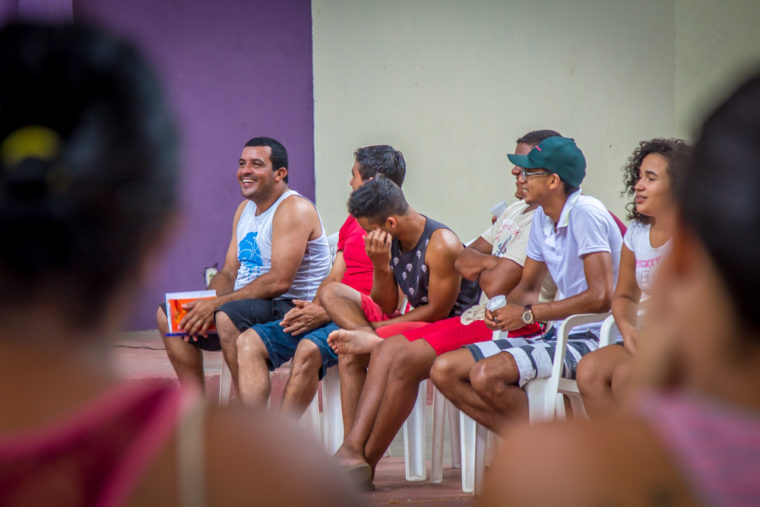I am thinking about organizational change this week because we extended our time together in Altamira as an opportunity to have some organizational meetings.
Igreja da Vinha churches have been planting other churches since their inception. The mission has been helping them in every way we know how. The whole group is full of zealous Christians with a passion to share their faith. Introducing new or different church-planting or organizational strategies produces a variety of responses.
One strategy some of us have been studying and experimenting with is how Disciple Making Movements (DMMs) use Discovery Bible Studies as their evangelism and church planting strategy.
In our discussions I have heard pastors question whether it is easier to introduce DMM’s to existing churches, or whether it might be best to leave the existing church running and to start with DMM’s in a completely new location.
I am trying to start a DMM with some unchurched friends here in Marabá, partly as an experiment but also because I have grown to really like my unchurched friends and I wish the best for them. There are significant challenges. The lifestyle sins they seem to take for granted leave me wondering, “How will this ever work?” I believe that with God all things are possible, but we certainly need His help. I am thinking it would be easier to start with zealous Christians, even if they think differently.
Could it be that the hardest challenge for each of us is the one we find ourselves in?
Gary Best caught my attention during the InterVinha 2017 Conference. “How do you teach a person to fish? Do you send him to a university, far from rivers and water, and have him study all the variety of fish, and the various methods that have been used around the world?” The context was about teaching people to be disciples and to make disciples, but the analogy works for Organizational Change as well.
I remembered my Masters Degree studies. Our textbook for one of the semesters was 998 pages long, and it is about Organizational Change. Without any opportunities to help change organizations this book is dry reading. I now realize this school is trying to educate Organizational Change leaders. And there are no simple one-size-fits-all solutions. This is complex because of many unpredictable variables like the culture, opportunities, and people involved. I feel blessed that the Lord has given us hands-on opportunities to help organizations change and develop.
Take our mission, for example. We were one family, supported by some churches to plant Vineyard churches. Then we were four families, all friends, from a variety of cultural backgrounds. We slowly grew to become what we called a “Mom and Pop” organization. Lots of mission business was resolved around meals together. From here we opted to become a Decentralized Organization with 5 Bases, 2 registered non-governmental organizations, and two international missions, and still growing. Each Base has their own legal boards although most of us wear several hats, participating in groups other than just the Base where we live. We all represent our teams when we come to the table. We are held together primarily by our name, values, and relationships.
The local Igreja da Vinha churches are another example. We started as several smaller churches in outlying regions, and then we developed a Central Church in Altamira. A Brazilian leadership team developed. As they are growing in numbers and maturity they are wrestling with how to keep up with the changing dynamics of the organization. They are also an Association of Churches, held together primarily by name, values, and relationships.
Sometimes organizations have a strong leader who says how it is. This model works well in some situations. For example, God lead the Israelites through Moses (Exodus 14). On the other end of the spectrum, some groups develop into learning organizations. This kind of group is curious about underlying concerns, and curious about strange questions or situations that don’t make sense. What is really going on? As the underlying concerns become clear the learning organization knows how to brainstorm and seek God together to come up with best possible solutions. What might be helpful? For example, God lead the early church through Paul, Barnabas, and the early church council (Acts 15). Are you on any leadership teams? Where do you see your group along this spectrum? Do you think others in the group would agree with your assessment?
Going back to the fishing analogy, I would like to keep studying but only if it helps real people catch real fish. I plan to keep studying about organizational change with the hope that I will be helpful in God’s Kingdom.

This is really dry reading if you do not have opportunities to wrestle with organizational change issues.









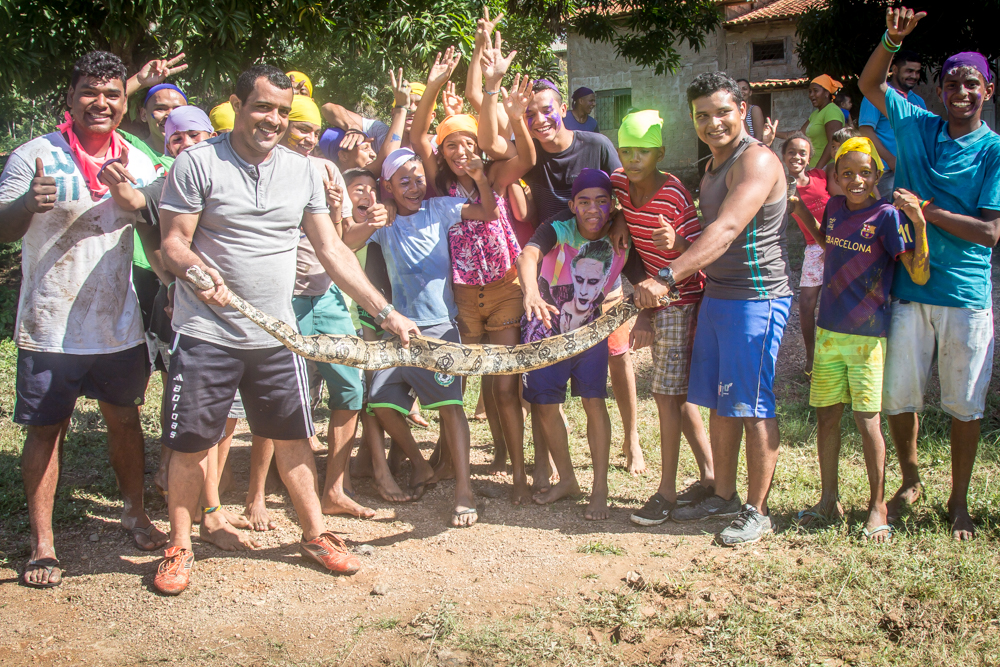
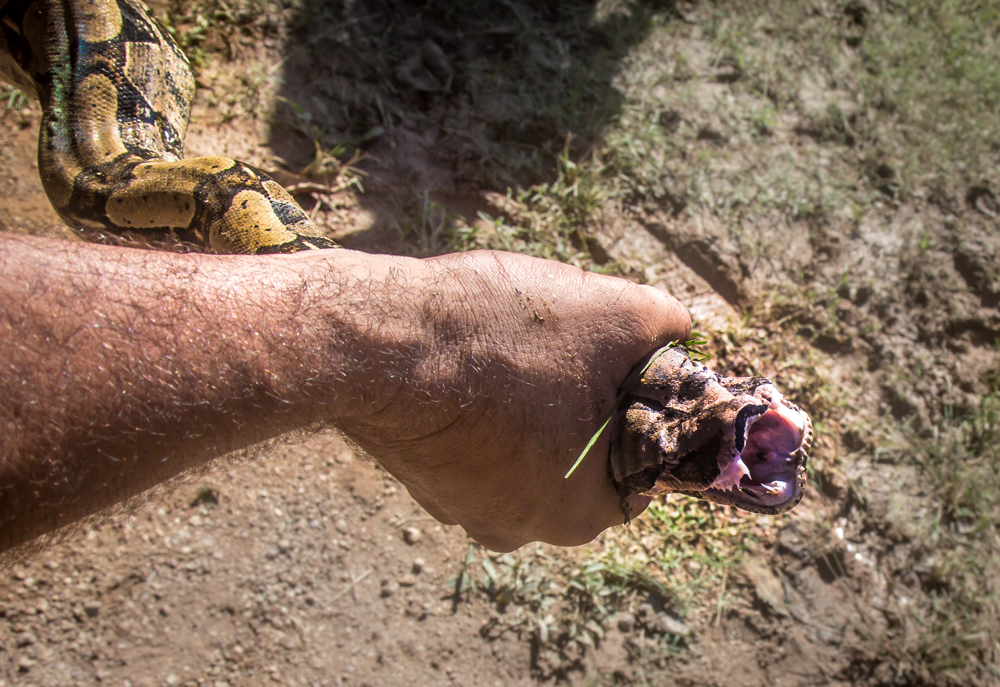
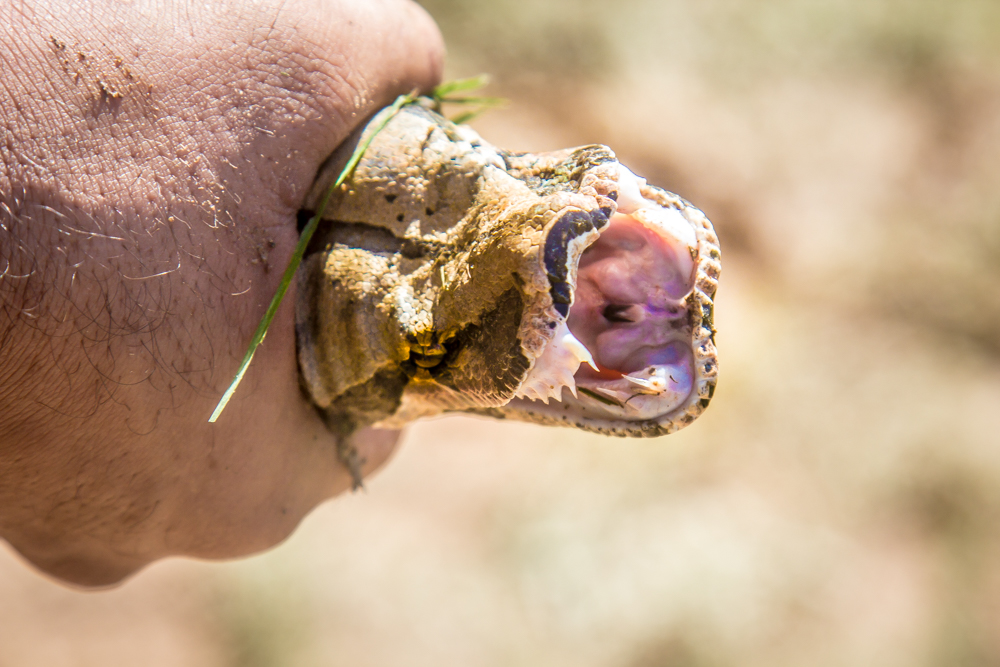
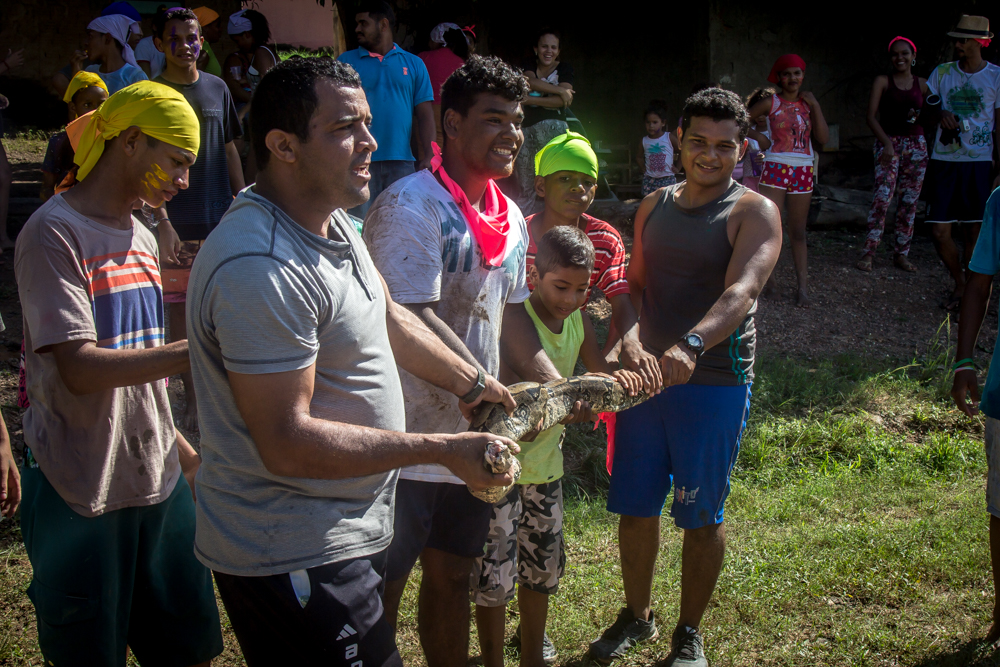
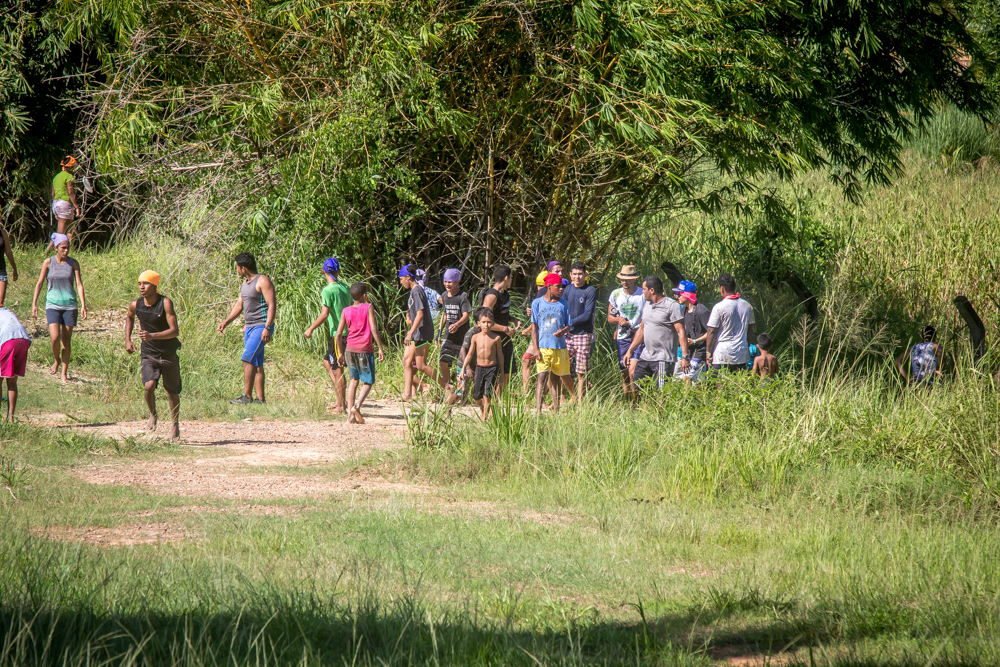
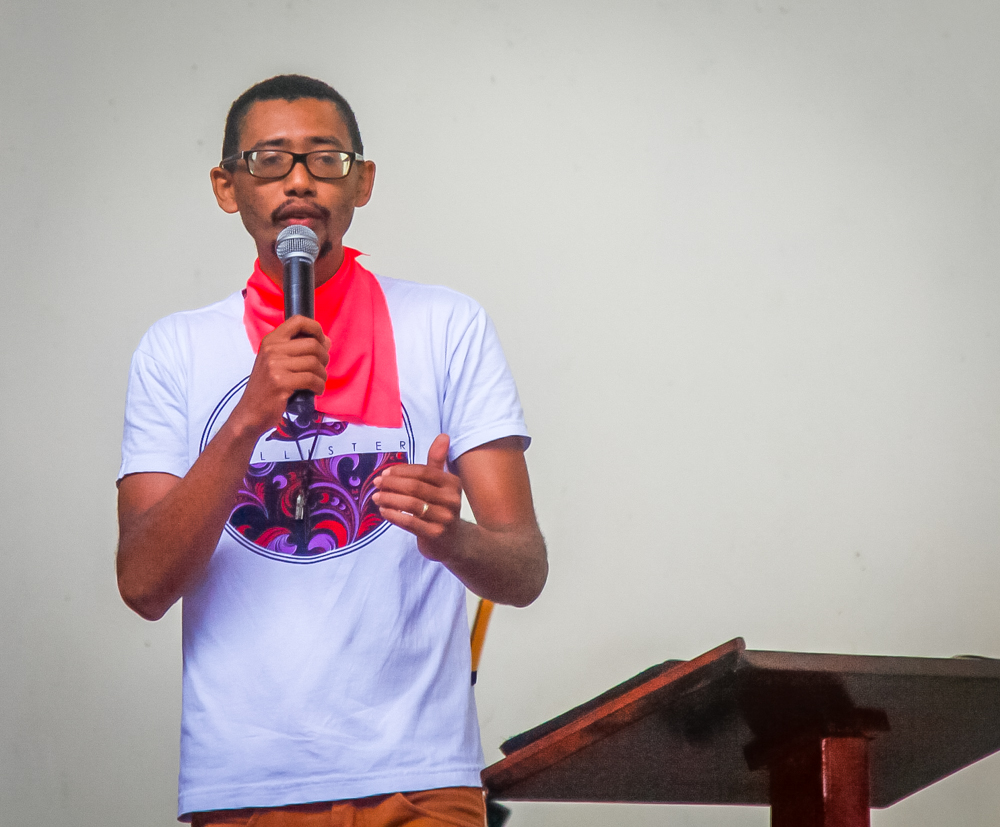
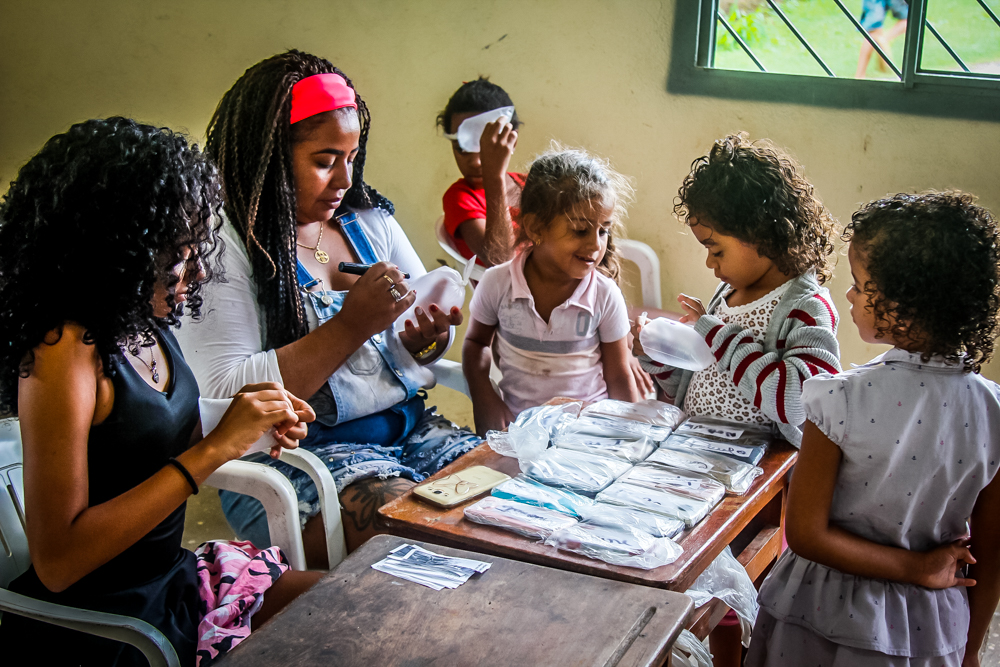
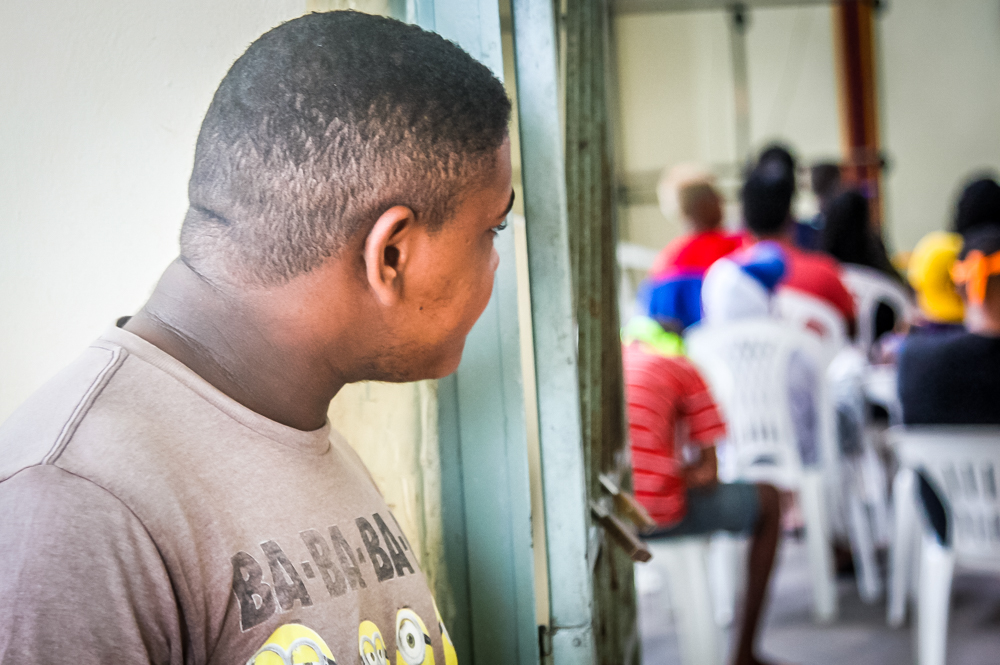
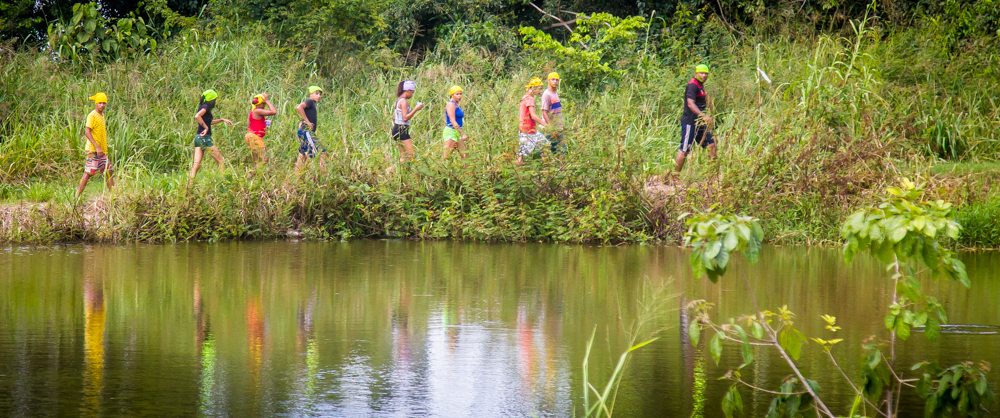
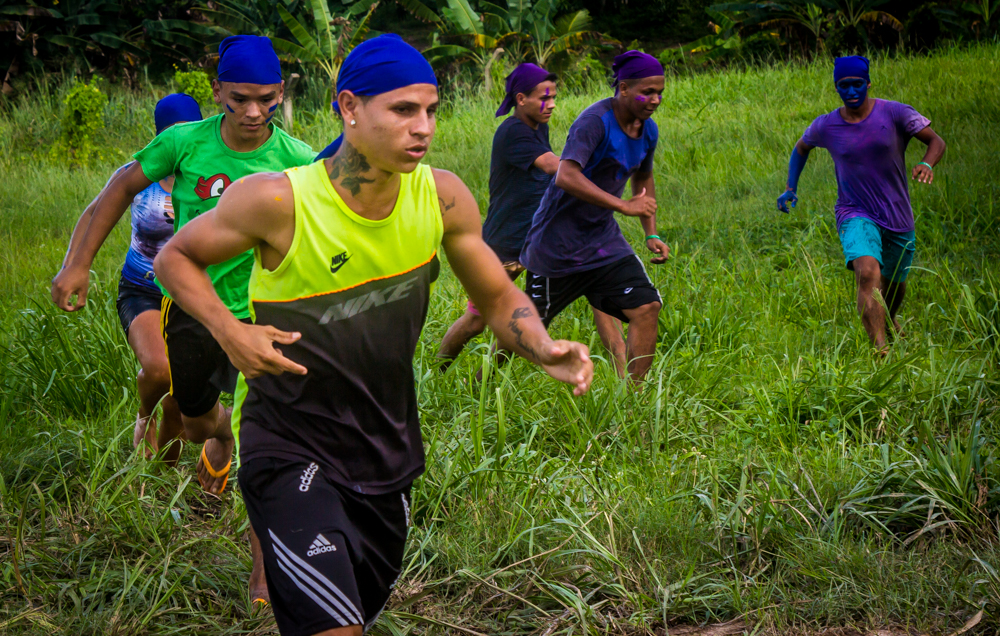
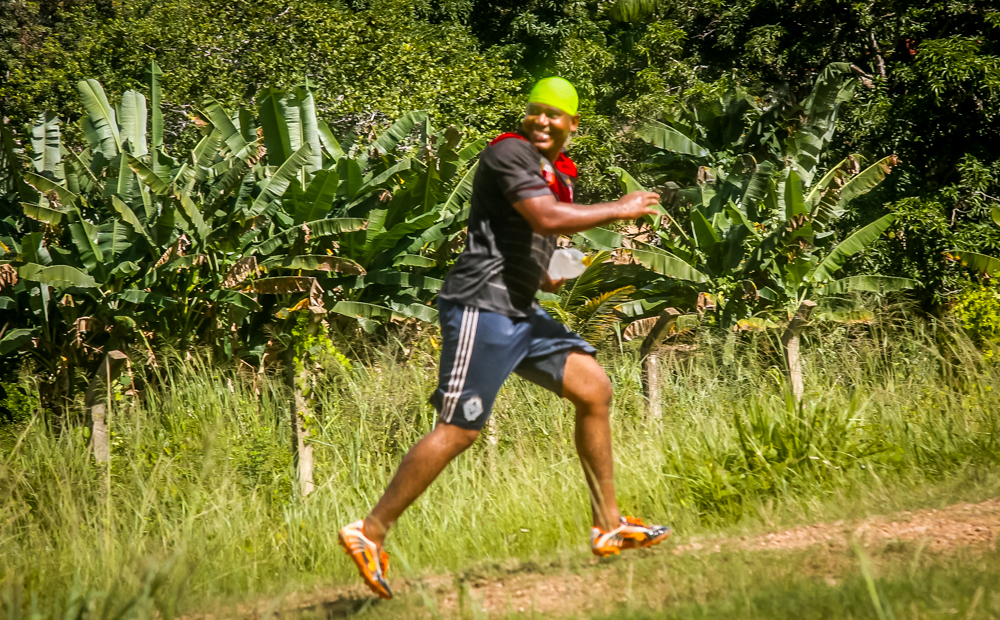
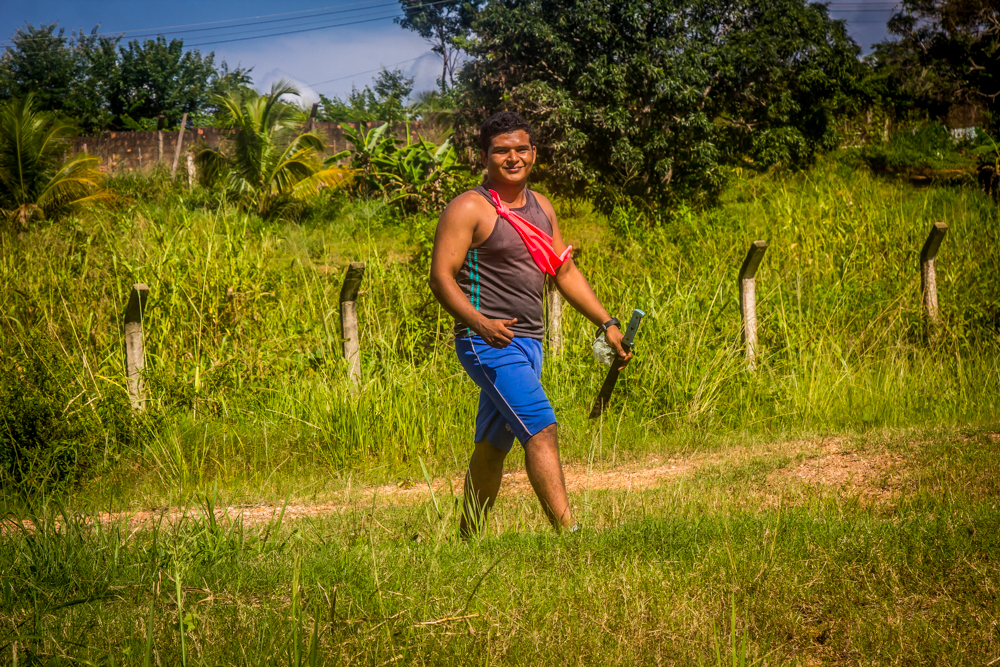
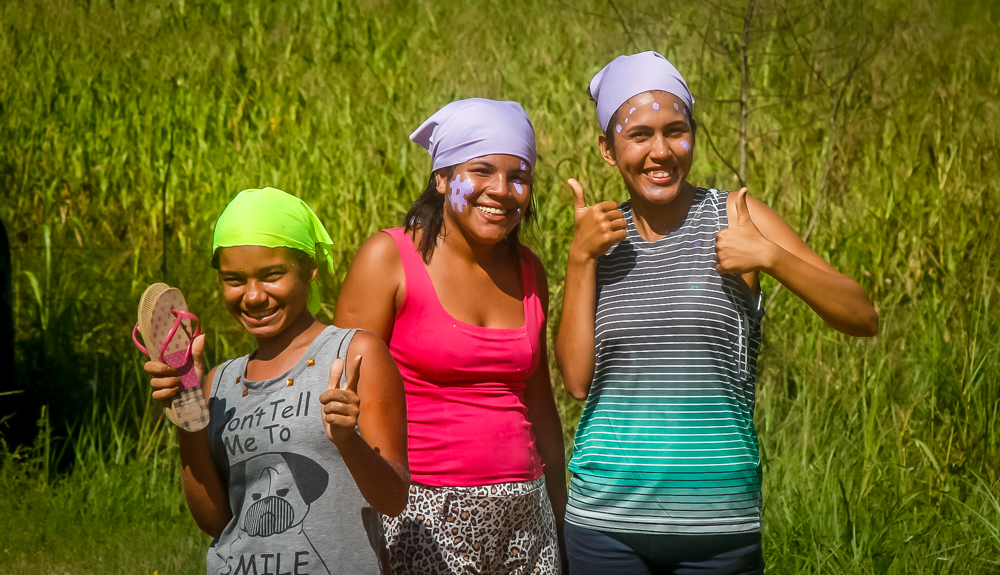 The
The











